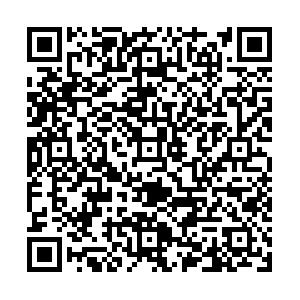Abstract:
Objective To explore the influencing factors of the community disabled elderly caregivers' anxiety, and to analyze the direct and indirect effects of the coping style, the care burden, the self-efficacy and the social support on the caregiver anxiety, and to establish establish its relationship model.
Methods We utilized the self-designed patient and caregiver general information questionnaire, medical coping mode questionnaire (MCMQ), caregiver burden scale (Zarit Burden Interview, ZBI), general self-efficacy scale (GSES), the social support rating scale(SSRS) and Self-Rating Anxiety Scale(SAS) to investigate 440 disabled elderly and primary caregivers from five Jinyang communities, Pudong New District, in Shanghai City. The model of anxiety influencing factors was established and analyzed by AMOS17. 0 software.
Results The model data fit well, and the structural equation model analysis showed that the care burden had indirect positive effect on anxiety (β=0.384,
P<0.01). Social support had direct negative effect on anxiety (β=-0.053,
P<0.01) and indirect negative effect (β=-0.590,
P<0.01). Self-efficacy had direct negative effect on anxiety (β=-0.070,
P<0.01) and indirect negative effect (β=-0.374,
P<0.01). Coping mode had direct negative effect on anxiety (β=-0.706,
P<0.01).
Conclusion Coping style, self-efficacy and social support can directly affect caregiver anxiety. Care burden indirectly influence caregivers anxiety through coping style. Self-efficacy indirectly affect caregiver anxiety through care burden and coping style. Social support indirectly affect caregiver anxiety through care burden、self efficacy and coping style. Therefore, community nurses should encourage caregivers used positive coping styles, and give specific medical knowledge and improve care skills to enhance the self-efficacy of caregivers, and strengthen caregivers social support system in multi-angle multi-dimensional manner to ultimately alleviate caregiver anxiety in the future.

 点击查看大图
点击查看大图



 下载:
下载:
